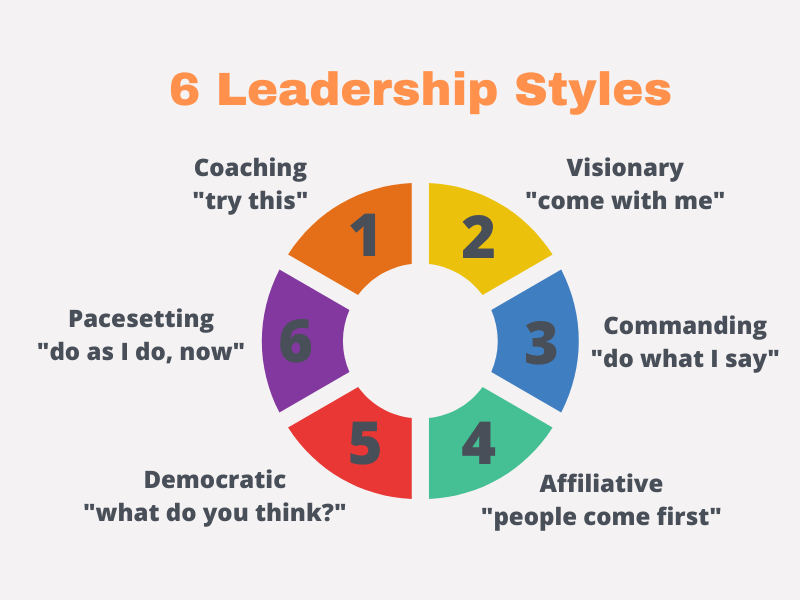Leadership approaches—also referred to as leadership theories—are structured models that summarize findings from leadership research. These theories aim to explain what makes leadership effective, and they are often categorized into distinct schools of thought based on their focus and underlying assumptions.
The four main types of leadership approaches include:
1. Trait Approach
The trait approach suggests that effective leaders possess inherent personal traits that differentiate them from their followers. Key characteristics associated with successful leaders include:
-
Expertise
-
Self-confidence
-
Agility
-
Physical constitution
-
Intelligence
As the oldest leadership theory, this approach posits that leadership is primarily a function of who the leader is.
2. Behavioral Approach
The behavioral approach focuses on how leaders behave rather than who they are. It examines different leadership styles, including:
-
Classical and traditional styles
-
Directive or task-oriented styles
-
Group-oriented or participative styles
-
Dimensional styles (e.g., task vs. people orientation)
This approach seeks to identify the behaviors that distinguish effective leaders, especially in how they manage and motivate their teams.
3. Situational Approach
The situational approach argues that no single leadership style is universally effective. Instead, the best approach depends on the specific leadership context. A prominent example is the contingency approach, which considers:
-
The leader’s position power
-
The quality of leader-member relationships
-
The task structure
Depending on these factors, leaders are expected to adapt their style to fit the situation effectively.
4. Interaction Approach
Primarily discussed in German-speaking countries, the interaction approach views leadership as a result of dynamic interactions between:
-
The leader’s personality structure
-
The personalities of group members
-
The leadership situation itself
This approach emphasizes the interdependence of personal and situational variables and their mutual influence on leadership effectiveness.
Each of these leadership approaches offers a unique lens through which to understand what drives effective leadership in organizations.
« Back to Glossary Index






